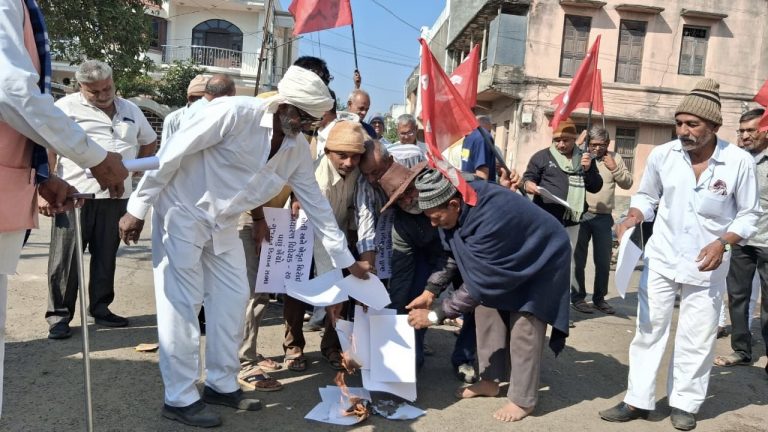After the Pennsylvania Department of Agriculture cracked down on a seed bank in the Joseph T. Simpson Public Library in Mechanicsburg, Pennsylvania, hundreds of seed libraries in the U.S. are suddenly wondering if they are breaking the law. According to Pennsylvania regulators, in order to give out member-donated seeds, the Simpson Seed Library would have to put around 400 seeds of each variety through impractical seed testing procedures in order to determine quality, germination rate, and so on. The result of the Pennsylvania crackdown is that the library will no longer give out seeds other than those which are commercially packaged.
Ironically, this is in the name of “protecting and maintaining the food sources of America.” In this news article that went viral, regulators said that “agri-terrorism is a very, very real scenario.” In reality, seed libraries have emerged to protect our food sources and ensure access to locally adapted and heirloom varieties. The public’s access to seeds has been decreasing since a 1980 Supreme Court ruling that a life-form could be patented. Since then, big seed companies have shifted away from open-pollinated seeds to patented hybridized and genetically engineered varieties. The companies prohibit farmers from saving and replanting such seeds, requiring that they buy new seeds each year. Counter to this trend, seed libraries give members free seeds and request that members later harvest seed and give back to the library thereby growing the pool of seeds available to everyone.














